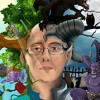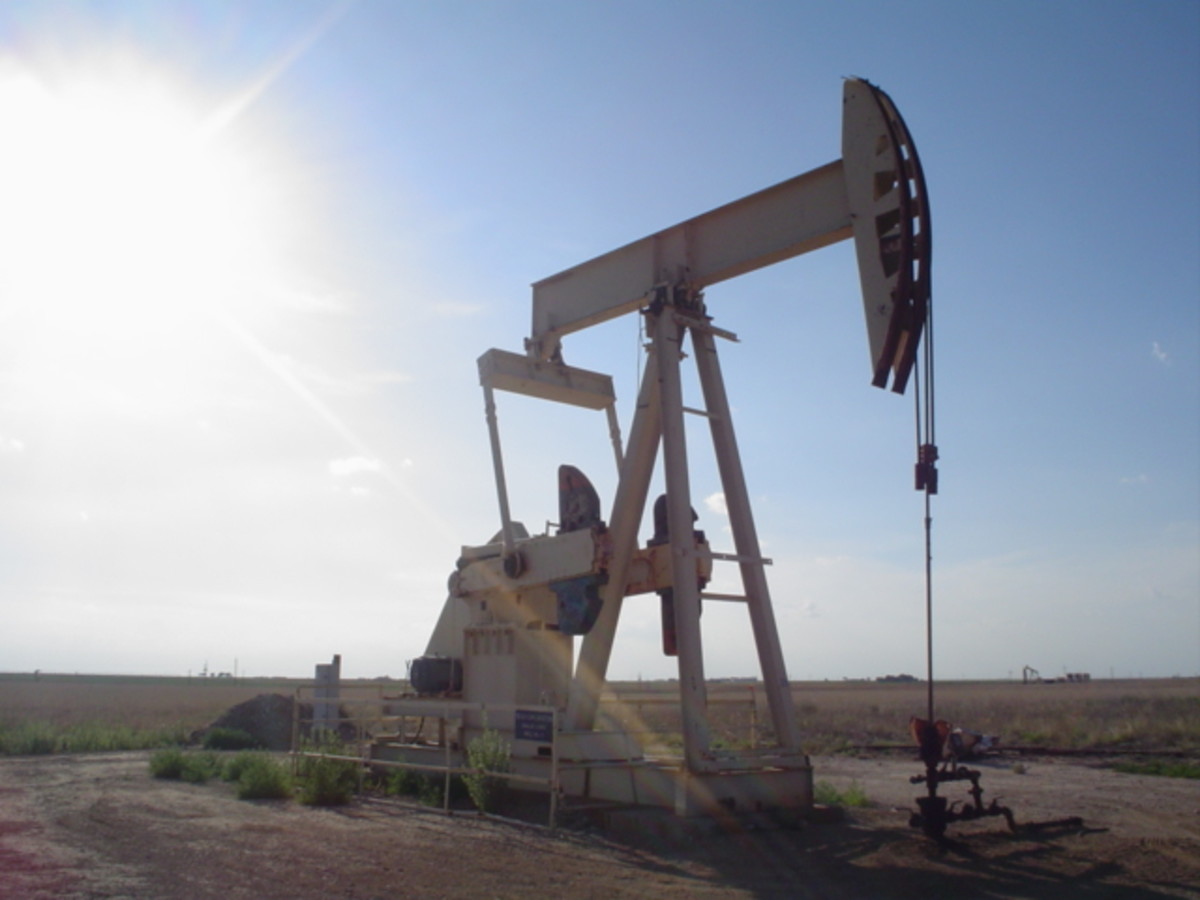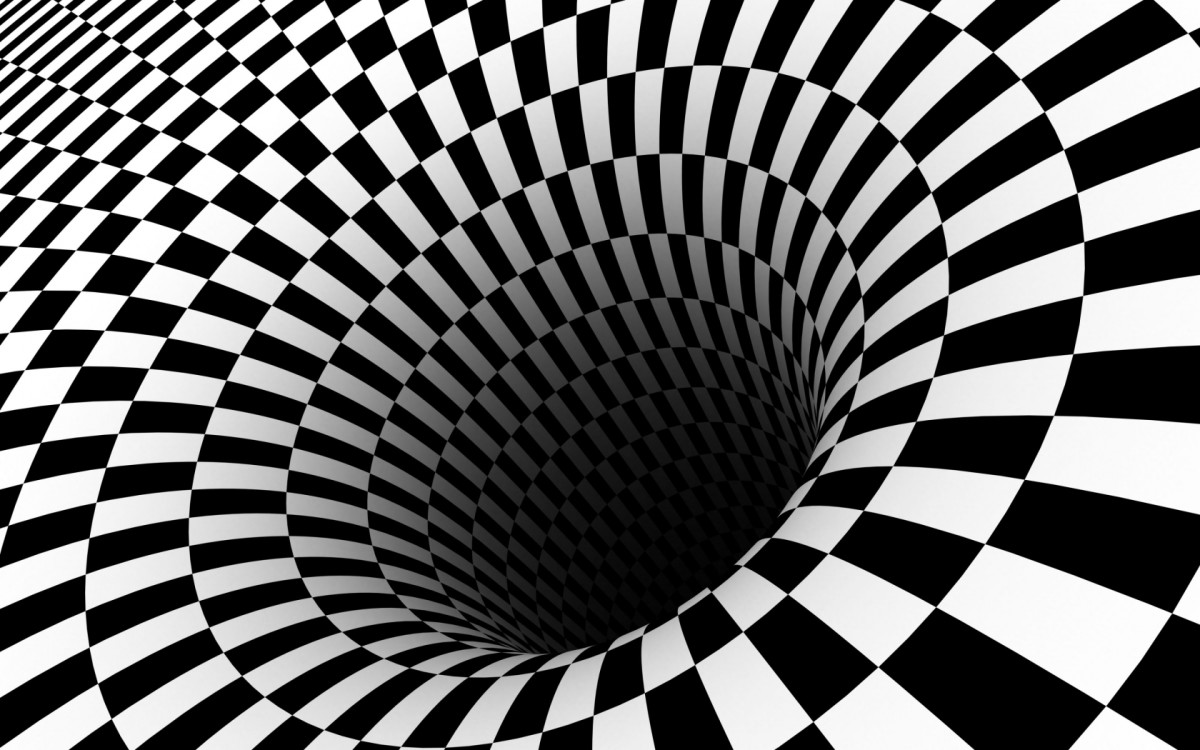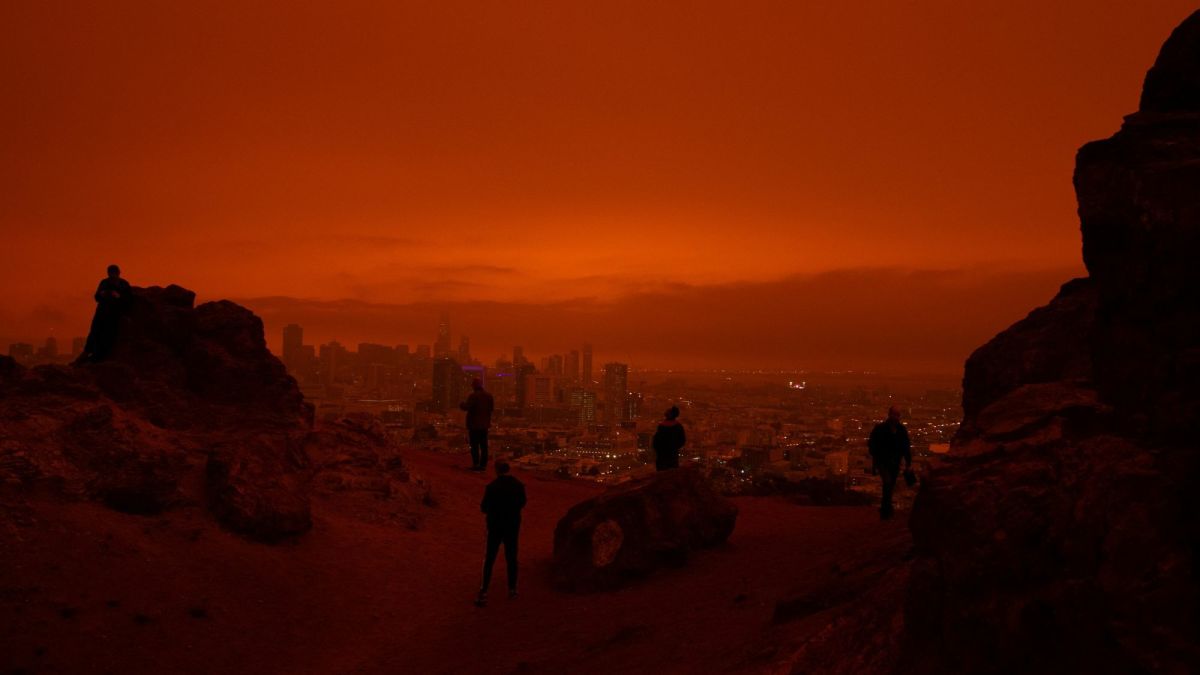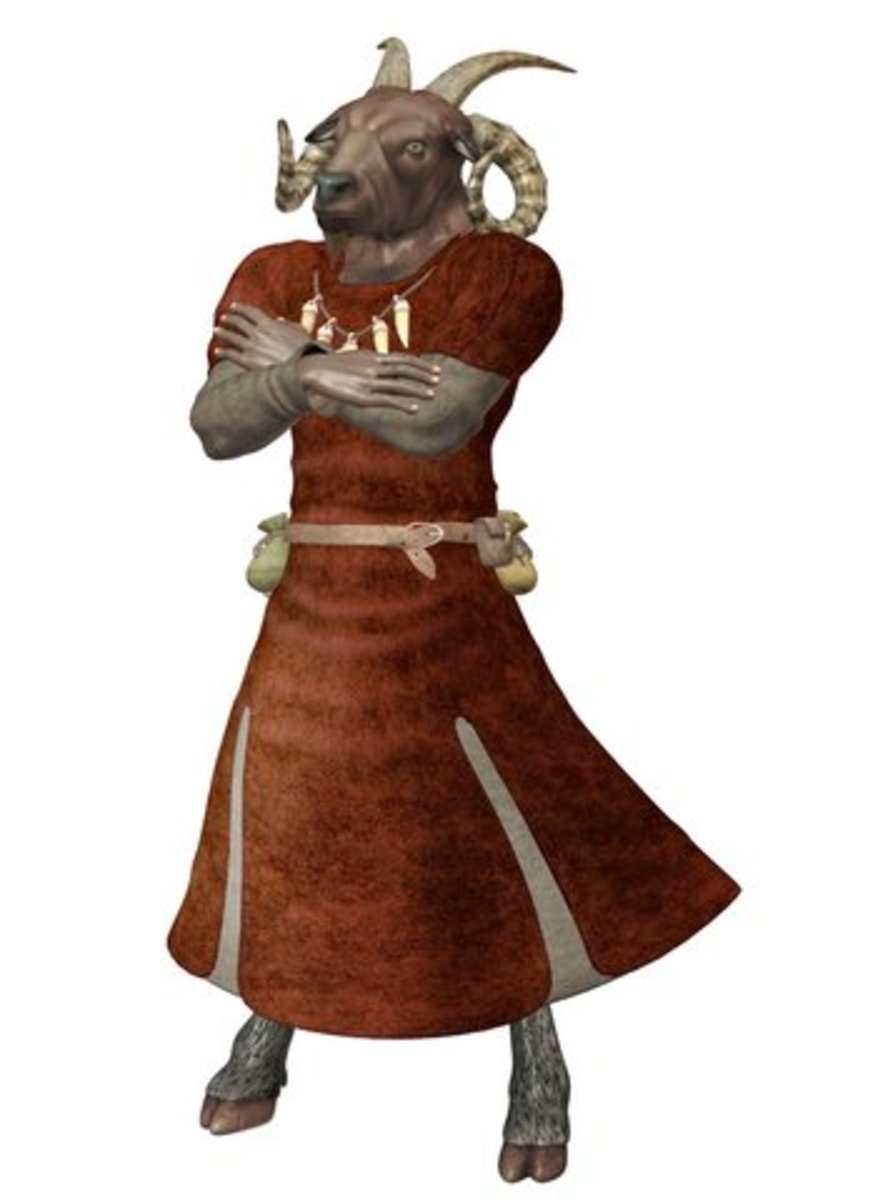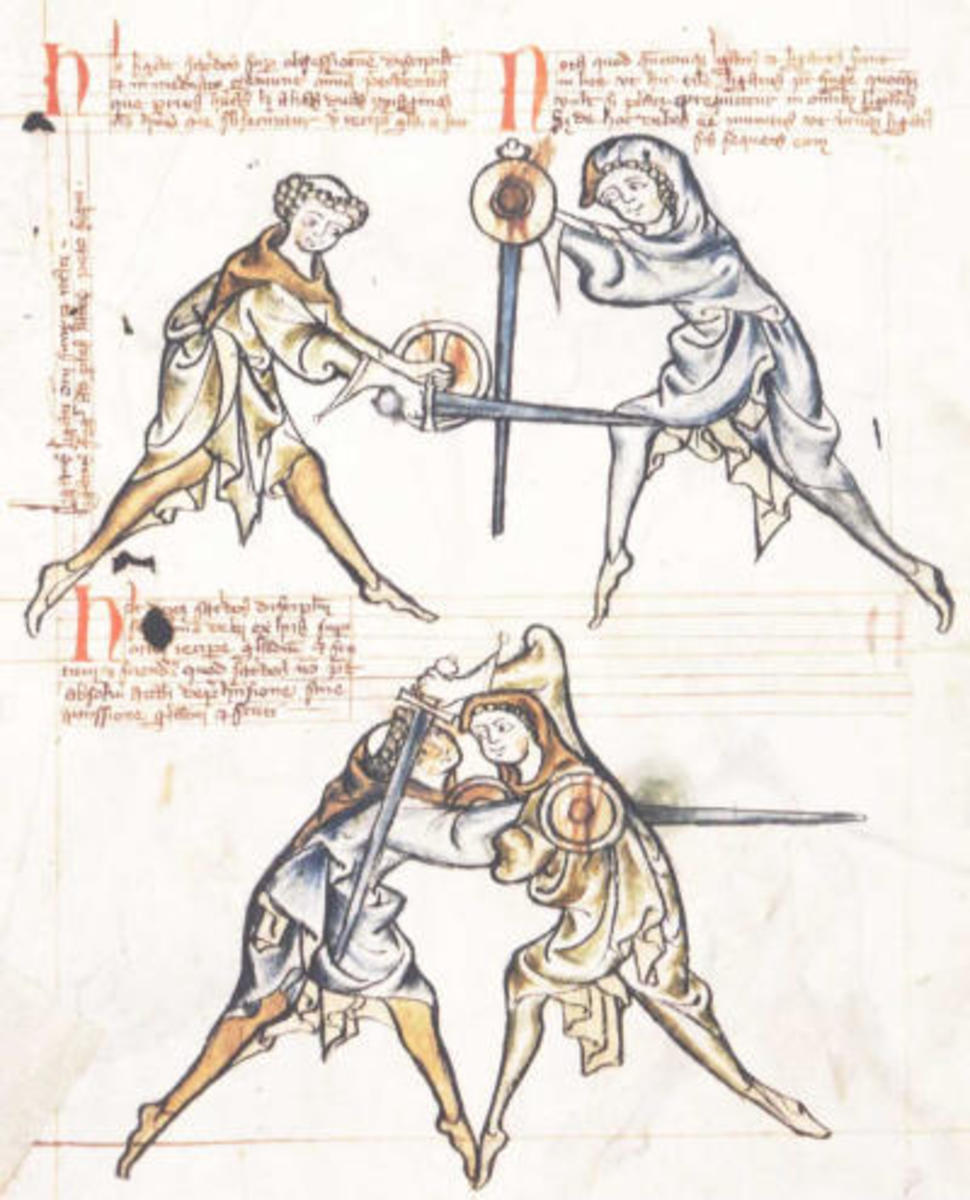The World Without Us Is a Dystopian Inspiration From a Writer's Perspective
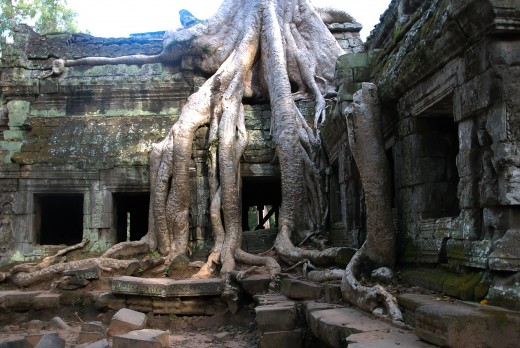
“When we’re down to eating our ancestors,” she asked, “what is left?”
The World Without Us (TWWU) by Alan Weisman is a non-fiction view of our potential dystopian future. Unlike the imaginative apocalyptic stories of today’s book and film industries, TWWU focuses on what would actually happen.
I picked this book up due to my interest in post-apocalyptic story lines. The book looked intriguing, and I wanted to learn details I could us in future stories. As writers, we strive to make our stories feel realistic so the reader can immerse themselves in the story.
What better way than to learn some facts?
Alan does an excellent job of pulling in experts to back up the ideas within the book. This isn’t a book presenting one unique thought. It presents the thoughts of many, based on preexisting information.
One of my favorite chapters is about the extinctions during the last ice age. The megafauna suddenly disappeared. Many presume it disappeared due to the warming of the Earth, but that may not be the case.
Alan digs into the history of the ice age, and other apocalyptic eras, to determine what our future might hold.
He goes around the world looking at ancient civilizations that disappeared long ago. Then turns to the modern world and places like Chernobyl and Varosha.
The details of those long vacant worlds gives a writer an array of information to inspire them. The visual description creates beautiful and horrific images in one’s mind.
To further elaborate, Alan recruits experts
He meets with a whole gamut of people experienced with these topics. This backs up the ideas and thought experimentation. This isn’t the fortune telling of just one man.
I’ve always thought about our wasteful society. Plastics are often thrown out without consideration for their environmental effects. Are they as long lasting as we think?
The answer is more complex, and quite surprising, than simply saying, “They last forever.”
I can say with certainty I will use this book as inspiration for stories, leading to the re-reading of various sections.
It’s a must read for any writers creating stories where the human race diminishes or inexplicably disappears, especially fantasy writers.
Picture a world from which we all suddenly vanished.
“Unlikely, perhaps, but for the sake of argument, not impossible. Say a Homo sapiens-specific virus—natural or diabolically nano-engineered—picks us off but leaves everything else intact. Or some misanthropic evil wizard somehow targets that unique 3.9 percent of DNA that makes us human beings and not chimpanzees, or perfects a way to sterilize our sperm. Or say Jesus—more on Him later—or space aliens rapture us away, either to our heavenly glory or to a zoo somewhere across the galaxy."
What are the pros of this book?
Alan goes into details about our theoretical (or not so theoretical) demise using past events.
He integrates a variety of experts and their opinions. In many cases, he offers the views of more than one expert.
A reader will learn historical information they may not have encountered. Most of it is quite intriguing, especially all the historical information about extinctions due to human involvement that they don’t teach in school. Another interesting one, the Mayans potentially died off by becoming too focused on wealth rather than running their society… sound familiar?
What are the cons?
Sometimes the information becomes too specific? There are times when long lists occur making the information bland. Other times the text can get clogged with scientific terminology, especially in the polymers chapters. There’s an easy fix.
Skip it.
From a writer’s perspective
I highly recommend this book. There are some sections to slog through, but overall, I believe anyone who reads this book will gain an excellent understanding of past, and potential future, dystopian worlds.
But in the end, I think this quote summed it up best.
There will be plenty of surprises.
Let’s face it: who would’ve predicted the existence of turtles? Who would ever have imagined that an organism would essentially turn itself inside out, pulling its shoulder girdle inside its rib carapace? If turtles didn’t exist, no vertebrate biologist would’ve suggested that anything would do that: he’d have been laughed out of town. The only real prediction you can make is that life will go on. And that it will be interesting.
It’s a good point. So imagine whatever world you wish to create, but if you want more realism, based on past extinctions, disappearances, and disasters, you should give this book a read.
- Will
© 2019 Willow Shire
